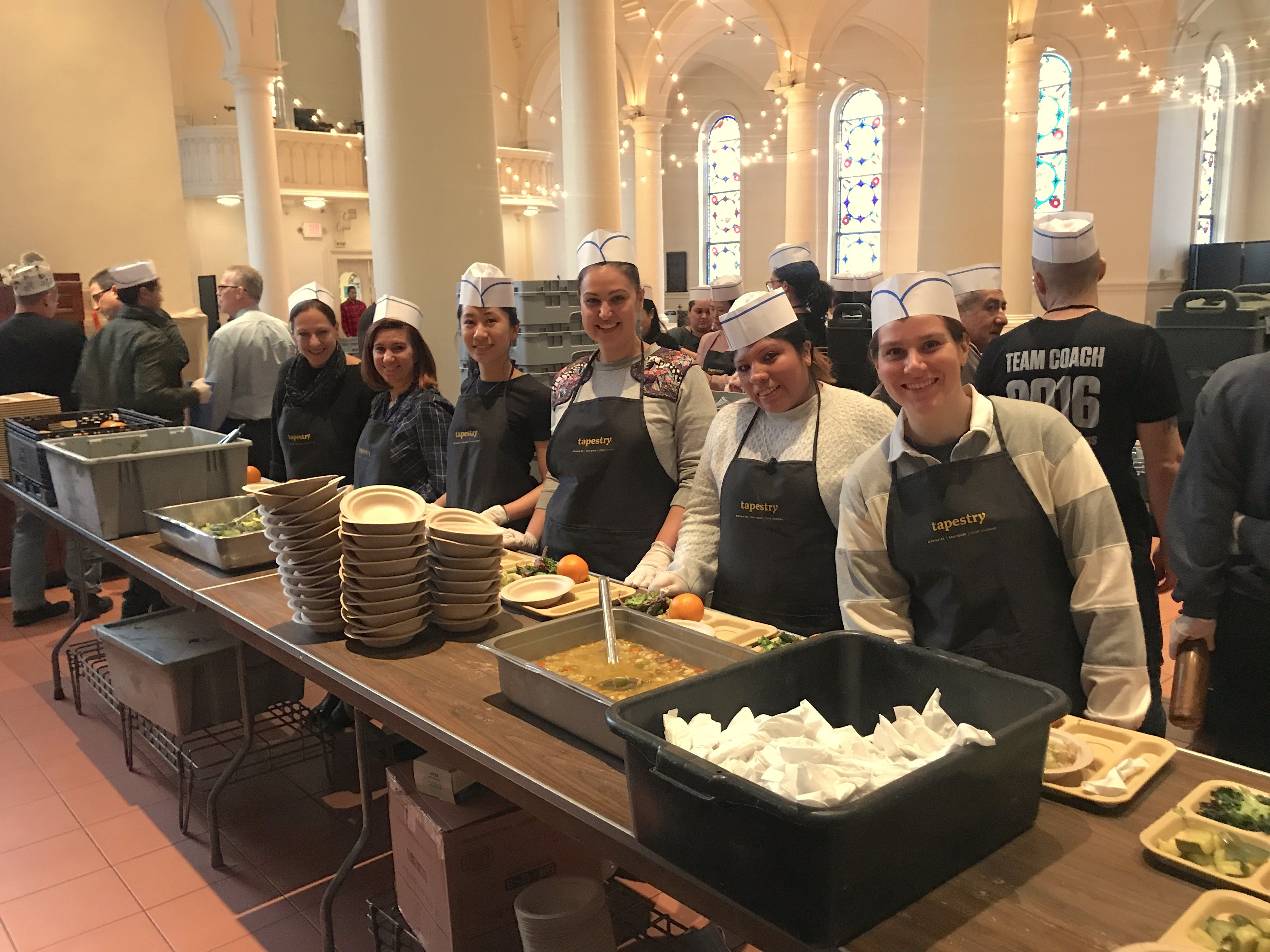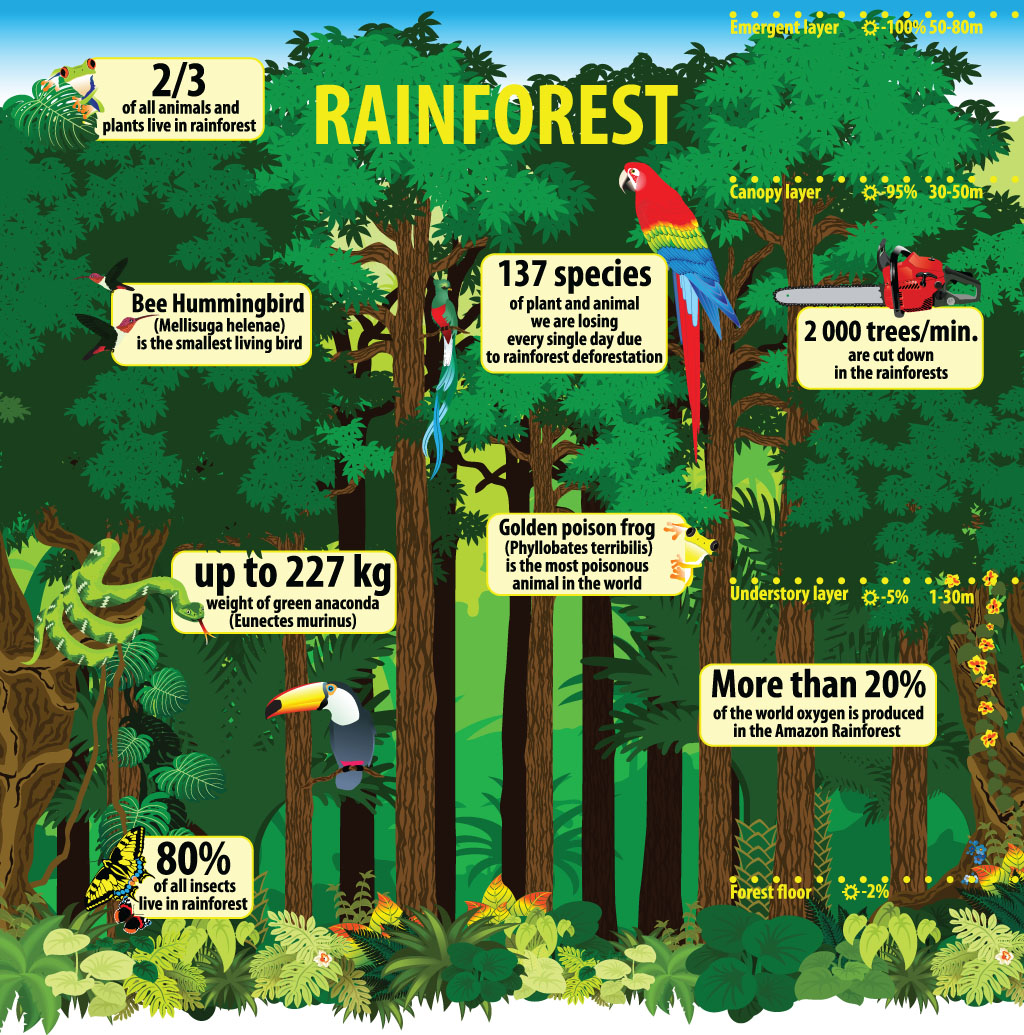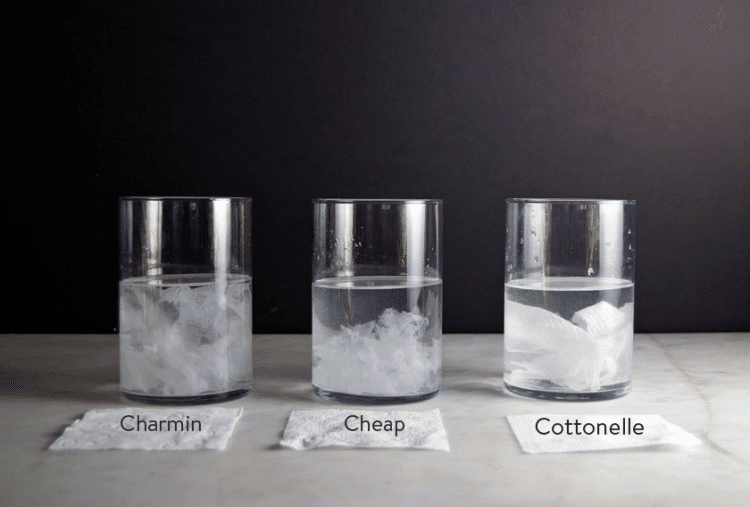Hello, everyone, and welcome back for another blog post! I wanted to talk about buying local because I think that it is a really important aspect of being environmental and eco-friendly. Especially with the whole Suez Canal incident, a lot of people were getting delays in imported items (imported means it comes in from other countries. Exported means we are shipping it out to other companies).
Keep in mind that we (Juniper and I) live in the United States, so we will make references to that. If you live in another country, it’s practically the same.
Before you go on, please subscribe to our blog to get regular updates every time we post something new! Also, if you’d give our podcast a listen, we’d really appreciate it.
Related: What’s So Bad About Palm Oil
What Does Local Mean?
Local is when you buy something that is from your town, state/province, or country. For example, if you bought something from a mom-and-pop shop in your town, that’s buying local, because chances are, you won’t find those products anywhere else.
.jpg)
WHY SHOULD I BUY LOCAL?
Like I mentioned above, if there was an incident like the Suez Canal thing, you might not be able to get certain items, like a fancy toilet paper or a towel or something (just bear with me here). Say that the ship was stuck in the canal, or it got trapped in the Great Pacific Garbage Patch, or maybe it sunk! Then you can’t get your expensive toilet paper and you feel like it’s a horrible disaster and you can’t do this or that… well, I don’t want that, and I’m sure you don’t, either.
However, if you bought some Marcal Toilet Paper (a brand that makes theirs with sustainable paper), which is made in the United States by the way, and you live in the US, then you won’t have to worry about a big delay from a ship sinking, because they can ship it to you by plane or even truck. See what I mean?

Another reason why you should buy local is to support small businesses. Especially with the COVID pandemic, a lot of mom-and-pop shops (another name for small businesses) had to close because they didn’t have the money to keep their shop open when no one came in to buy their handmade souvenirs. Enough said.
Why should you support small businesses? Well, you can buy things there that you can’t buy anywhere else. Do you really need that $25 striped shirt from Macy’s when you can buy a really nice shirt with a slogan or flag or animal or anything significant from where you are buying it.
You are probably confused, so imagine you are on vacation in San Diego. Suppose that you would like a lovely souvenir T-shirt. Don’t go to Macy’s or Target, because you can buy that anywhere. But, you can stop by Sand Cloud, which was founded in San Diego, and get a nice towel and T-shirt. Even better, they send 10% of their profits to marine conservation.
Cool, right? It’s local, it saves the planet, and they have unique products that you can’t find in your own town or anywhere else.
Really what I’m trying to say here is, buying local is one of the best options for sustainability. It’s made in your own country, it’s better quality (usually), and it doesn’t have to be shipped all over the globe in a ship or plane or truck that lets out bad toxins into the atmosphere. Plus, you’ll have a unique item in your house that you couldn’t buy anywhere else.
If you have any questions, leave a comment below! Don’t forget to share and like, as well!
Love,
Juniper and Mailelani























